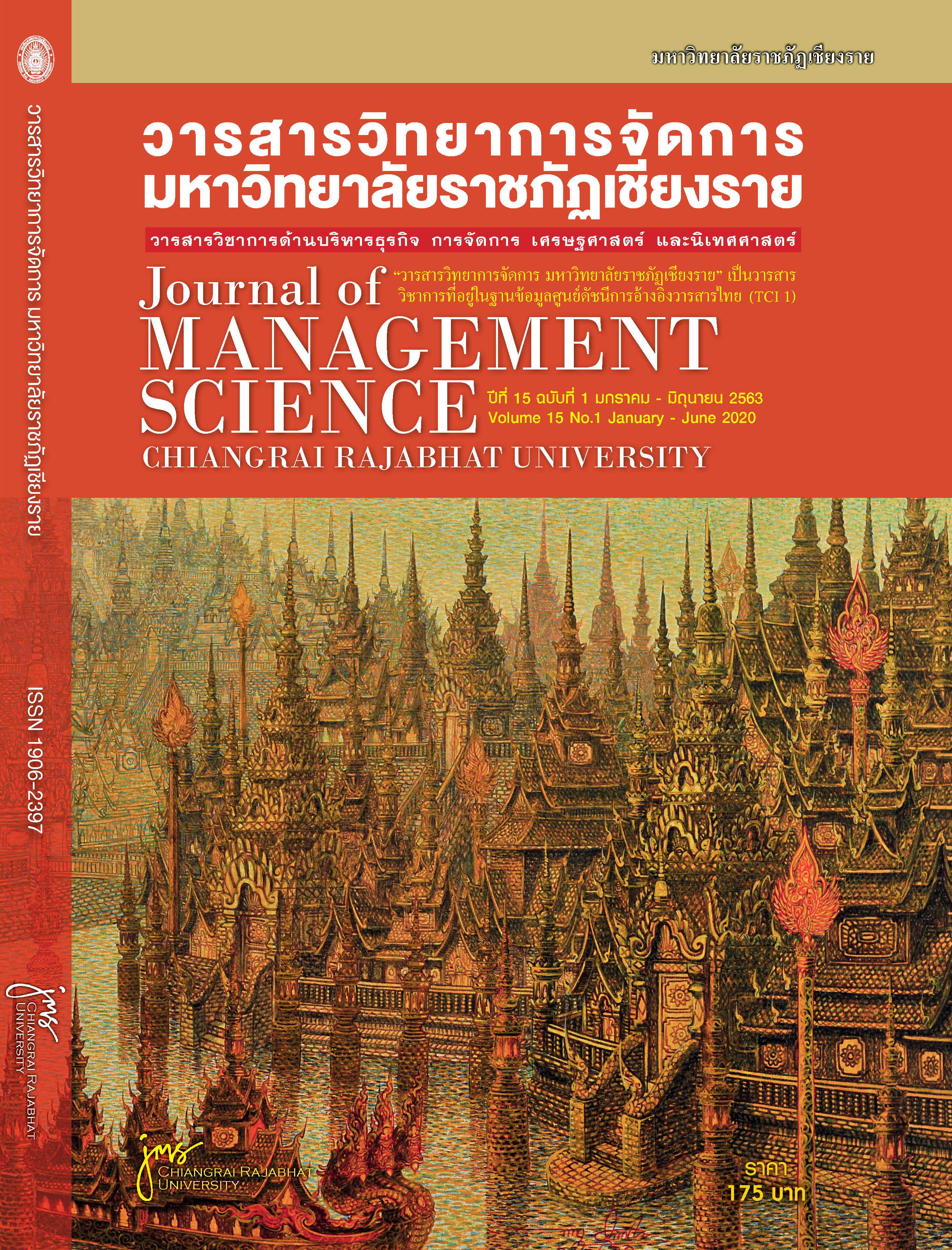The Lesson of the Project Evaluation to Develop Effectiveness and Potential of the Projects on Media Monitor and Literacy
Main Article Content
Abstract
This research aimed to distill the lesson learnt from the projects on media monitor and literacy funded by Thai Media Fund in the year 2017. The data were collected by documentary methodology. The documents included project contracts, performance reports, project outcomes, progress reports, and forums for lesson summaries from 13 projects. The evaluation was conducted by CIPP Model along with empowerment evaluation. The research studied the values generated by the projects starting from inputs, processes, outputs, outcomes, and impacts. The empowerment evaluation dealt with project responsibilities and stakeholders who could evaluate themselves and also conduct reflective process leading to self-decision making. The study revealed that (a) the creation of media monitor and literacy was mostly conducted through receiver components followed by contents and media, channels, space, and senders respectively. (b) The project outcomes arranged by order of the highest quantity included sets of knowledge, creation of networks and media, channels, and policies respectively. (c) The project caused changes in individual level the most, while social, policy, and community levels were followed, and the last was the change in family level.
Article Details
Views and opinions expressed in the journal do not necessarily reflect those of the editors.
References
Ampansirirat, A (2017). Empowerment Evaluation: Principles and Application. The Southern College Network
Journal of Nursing and Public Health. 4(1), 280-291. (in Thai)
Berlo, D. (1960). The process of communication. New York : Rinehart & Winston.
Buosonte, R. (2010). Evaluation Research: Concepts and Adaptation in Education. Khonkaen : Faculty of
Education, Khonkaen University. (in Thai)
Chantrasakul, S. (2014) The Historical Development of Evaluation and Theorists; Concpets.
EAU Heritage Journal. 8(1). 73-84. (in Thai)
Kaewthep, K. (2002). Mass Media : Theories and Concepts. Bangkok : Saladang printing. (in Thai)
Kanjanawasee, S. (2004). Theories of Evaluation. 4 THed. Bangkok : Chulalongkorn Printing. (in Thai)
Soraprasert, T. (2017). Media Literacy. Chonburi : Faculty of Humanities & Social Sciences, Burapha University. (in Thai)
Tansuwananond, C. (2015). The Relationship between Advertising Media Literacy and Consumerism Behavior of
Youth in Bankok. Journal of Multidisciplinary in Social Sciences. 11(1). 93-111. (in Thai)
Thabthan, S. (2014). Media and Information Literacy. Journal of Industrial Education. 13(2). 1-6. (in Thai)


